Your trade secrets are what set your North Carolina organization apart from the competition, so it makes sense that you would want to take all possible measures to protect those secrets from misappropriation. You may even consider patenting your confidential information. However, before you take definitive action, consider which would offer you better protection: patent or trade secret laws. The World Intellectual Property Organization explores both the pros and cons of protecting your confidential information as a trade secret.
Trade secret law offers several advantages that patent law does not. For one, trade secret law does not limit how long a person may protect information. So long as the public does not learn your secret information, you may protect your intellectual property indefinitely via trade secret law.
Safeguarding information as a trade secret also does not require any registration costs, whereas patenting property does. You can also receive immediate protection with trade secret law, whereas if you attempt to patent information, it can take months or even years to gain protective status. Finally, there are little government formalities with which to comply for trade secrets, while property must meet extensive and strict criteria to qualify for a patent.
There are a few disadvantages to trade secret protection, however. For one, if an innovative product embodies your secret, others can reverse engineer the product and discover the secret. Thereafter, you would no longer have protection and third parties could make use of the information. With a patent, however, others could reverse engineer a product but still not be able to use the secretive information for their own gain.
The same holds true if someone misappropriated and leaked your secret — others could then use the information for their own gain. With a patent, however, others may access your information but still not use it.
A trade secret is also more difficult to enforce than a patent, and courts often rely more on their discretion rather than the actual law when determining enforceability. Finally, another person may develop the same relevant information and subsequently patent it, thereby rendering your own information unusable to you.
This content is for educational purposes only. It is not meant to be used as legal advice.
